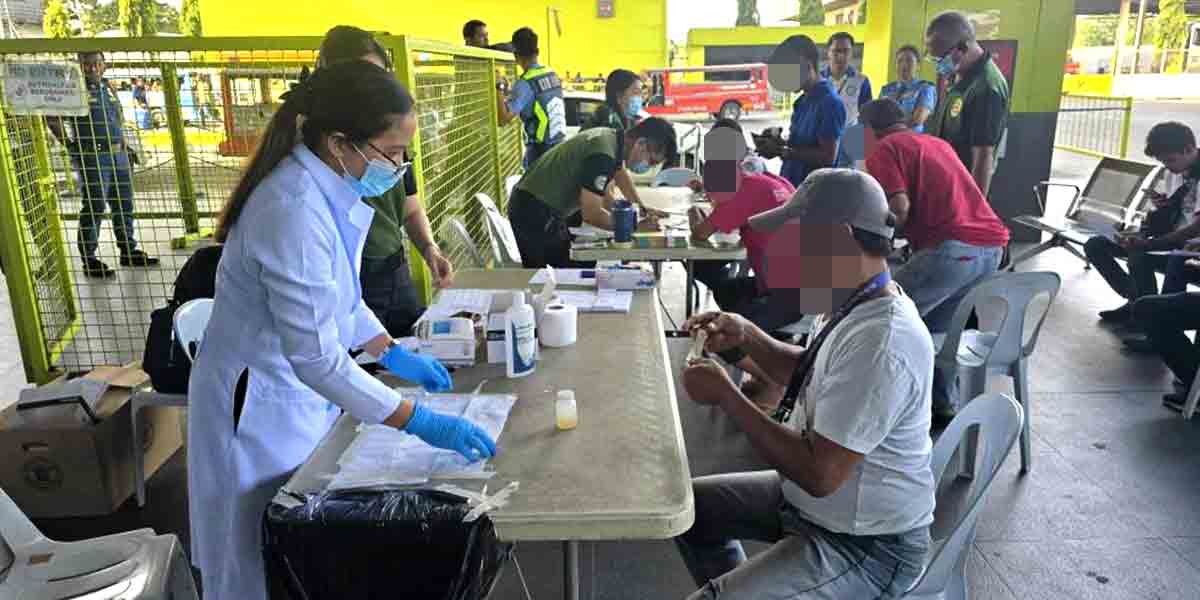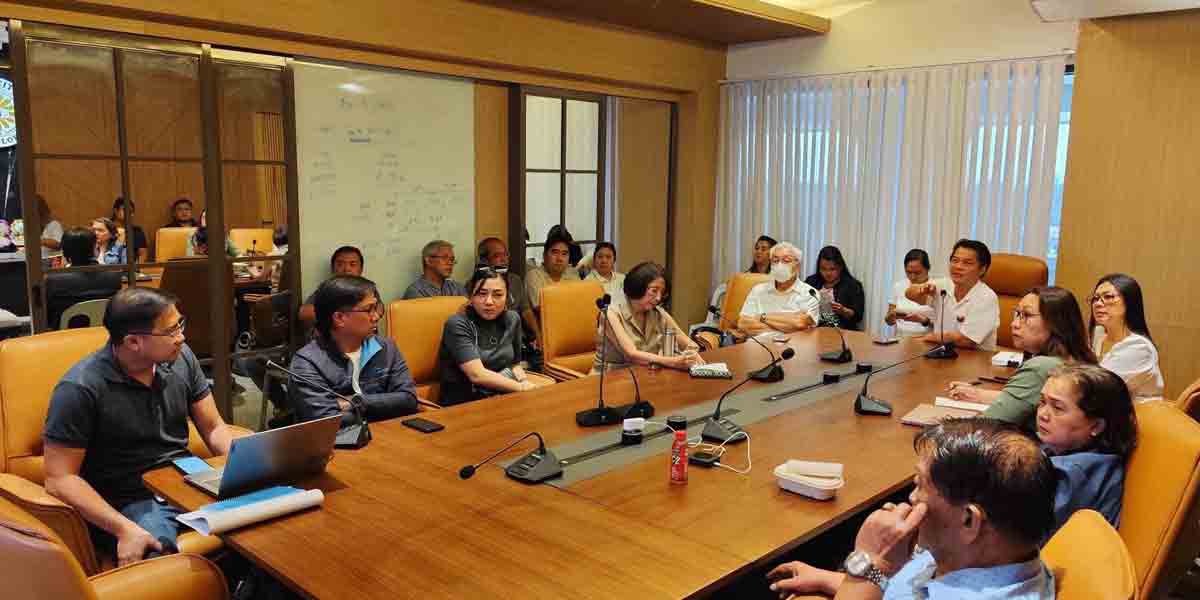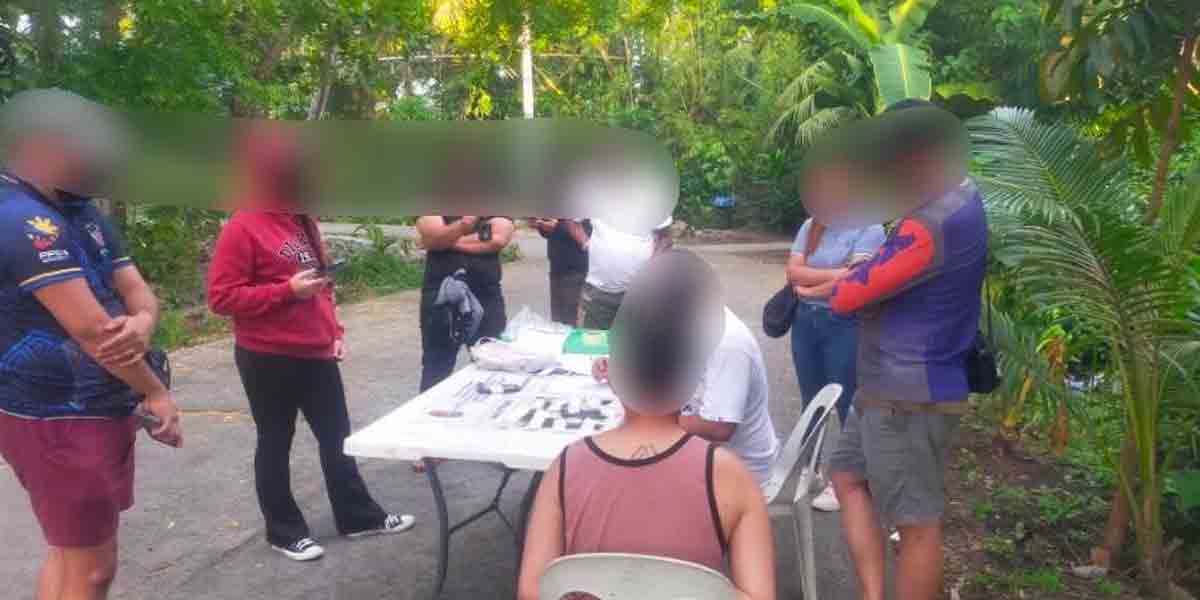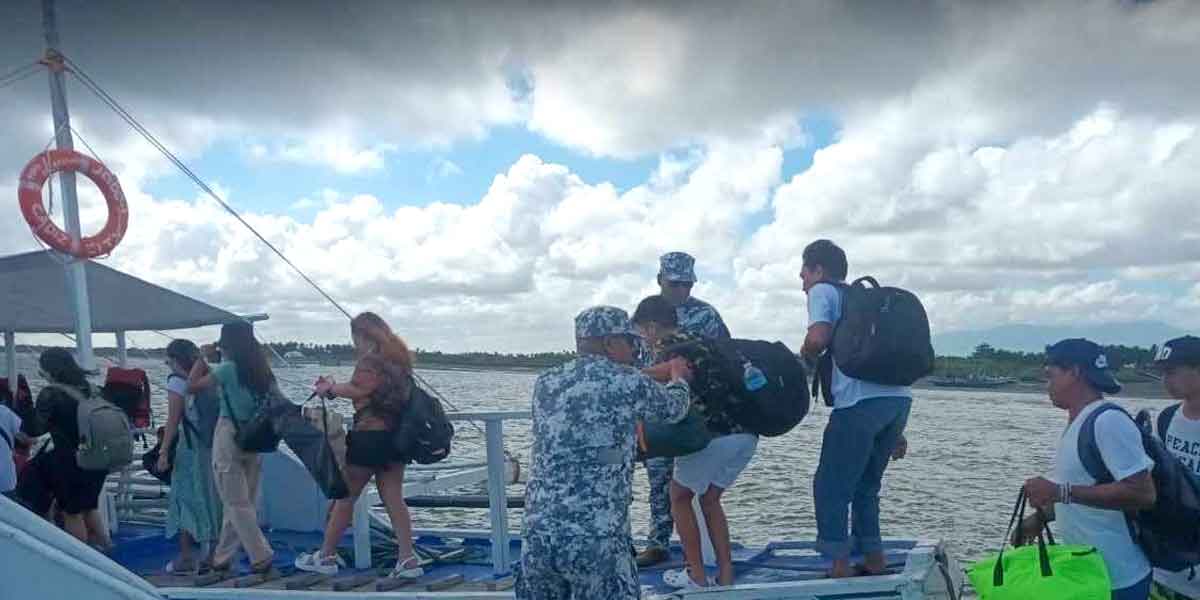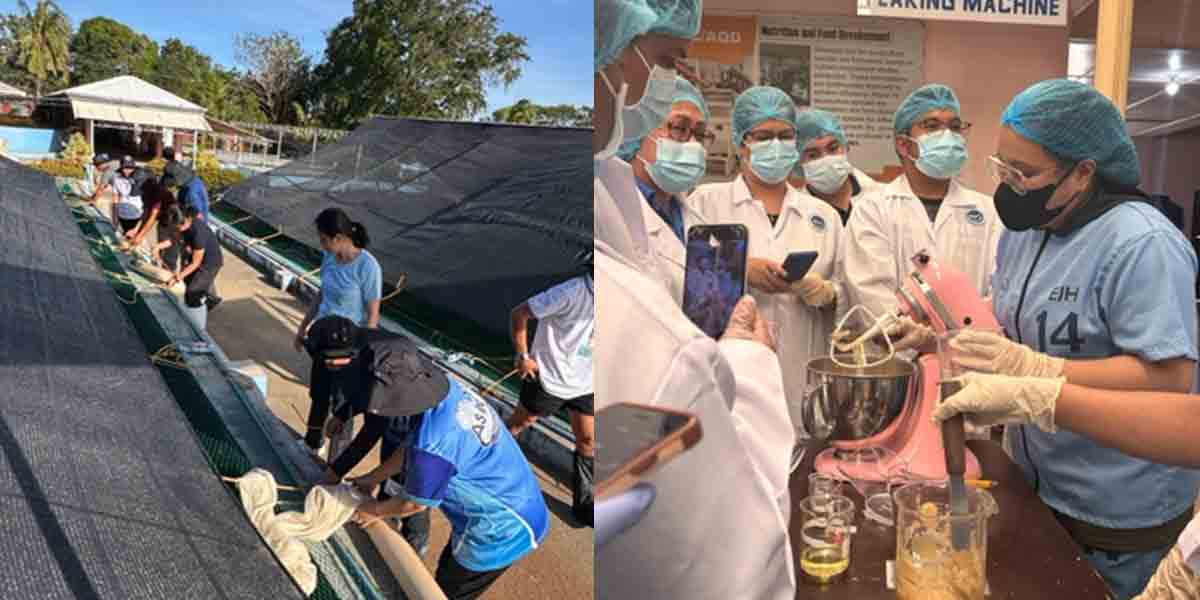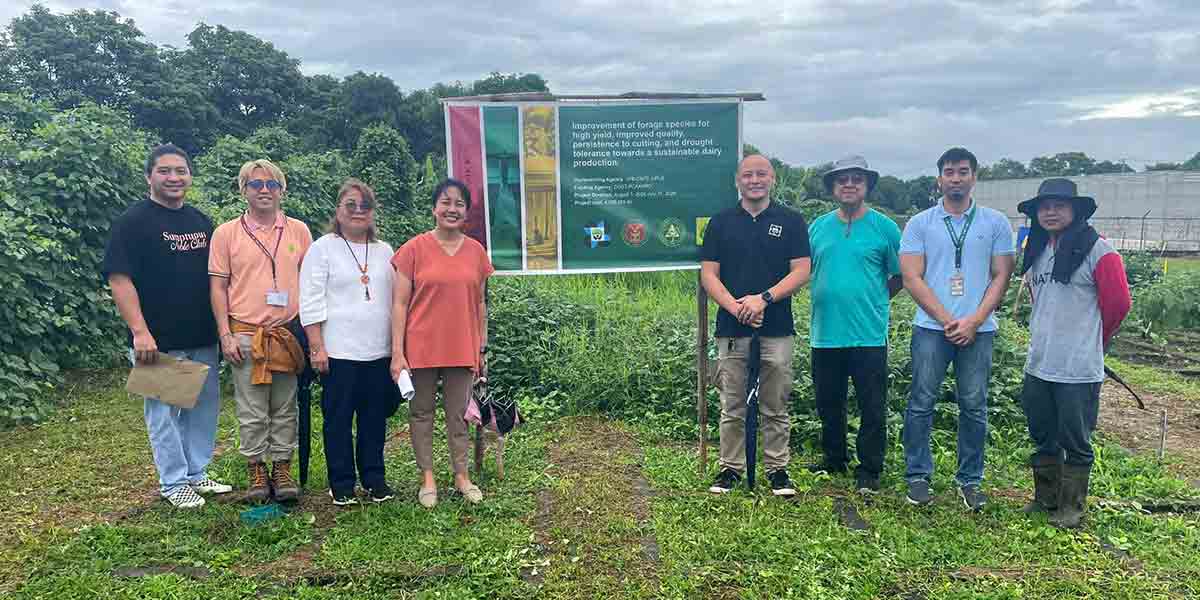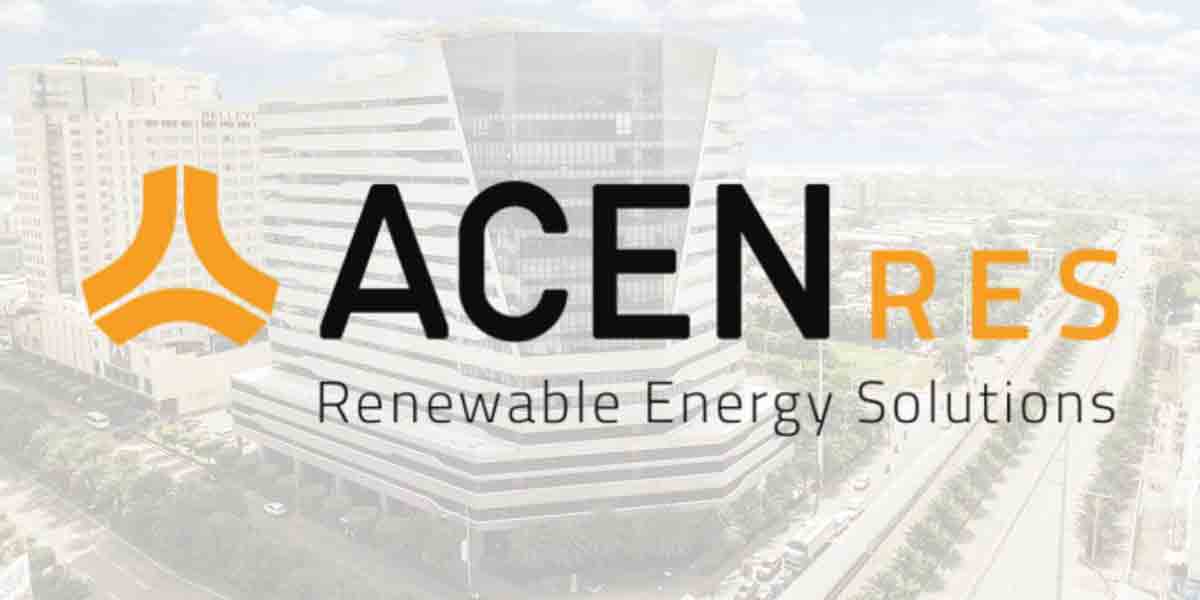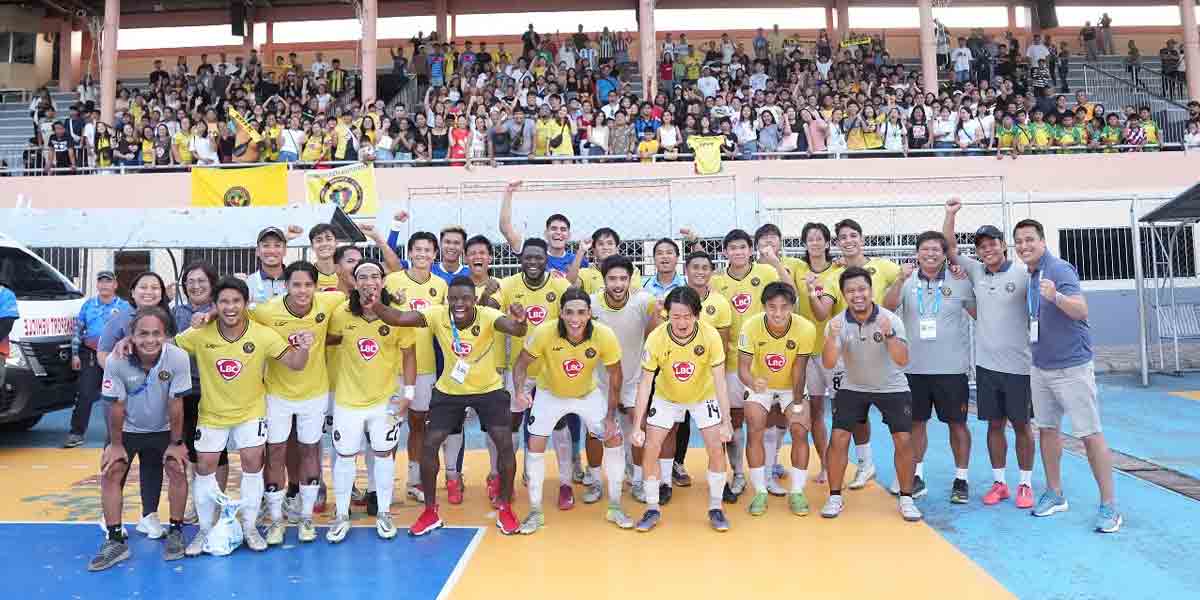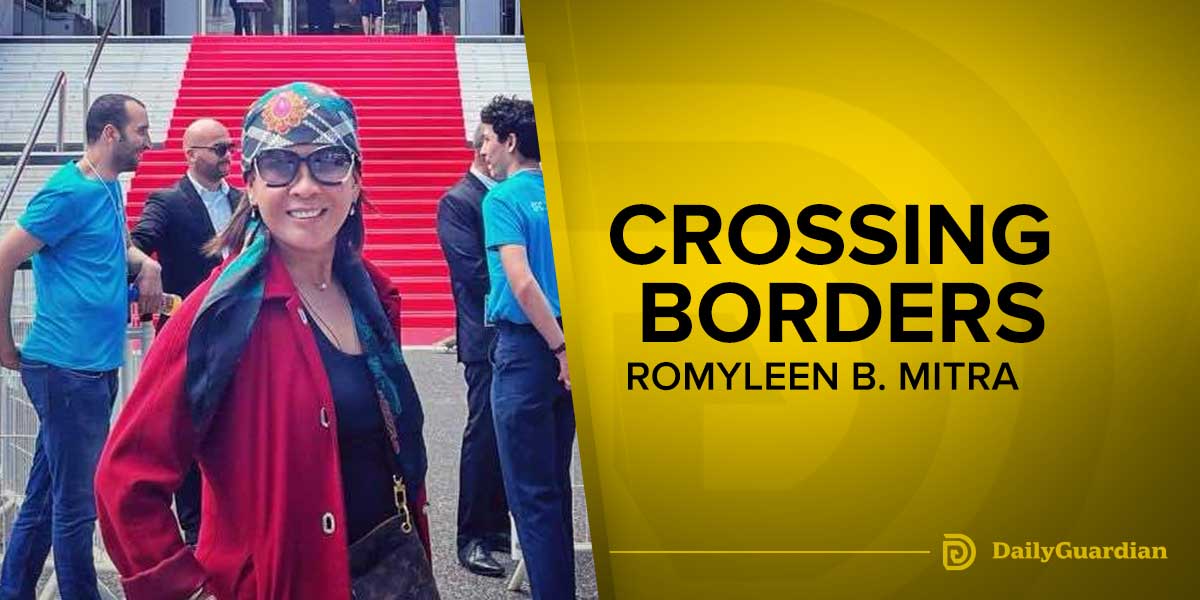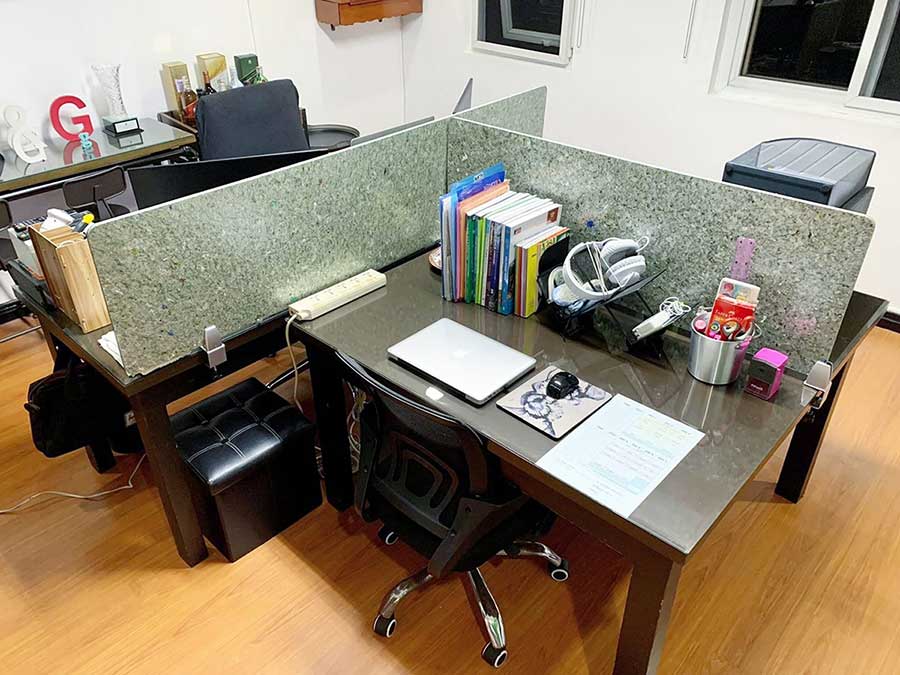
Tetra Pak, a world-leading food processing and packaging solutions company, has released the company’s 2021 Sustainability report, reinforcing the ambitions and commitments towards the journey to protect what’s good: protecting food, people and the planet.
Findings from the report accentuate the need to accelerate both innovation and sustainability to help mitigate shocks to our food system exacerbated by the COVID-19 pandemic. Amidst the challenges, leading sustainability transformation remains at the forefront of Tetra Pak’s ambitions.
Some highlights from this year’s report include:
- Tetra Pak is working with food and beverage manufacturers to guarantee the continuity of safe food supplies and improve the food system resilience throughout the COVID-19 pandemic.
- Achieved the 2020 climate goal, decoupling business growth from GHG emissions across the entire value chain, scope 1, 2, 3 (-19% versus 2010). Tetra Pak achieved an outstanding –70% GHG reduction in Tetra Pak’s operations from 2010 to 2020, scope 1 and 2.
- Tetra Pak stepped up its innovation by providing customers with sustainable solutions in processing and packaging. For example, Tetra Pak worked with a customer in Asia to develop a processing solution to turn Okara – a by-product in soy milk and tofu – into a premium, high-fiber soymilk drink.
- With over 170 recycling operations around the world recycling carton packages, Tetra Pak is collaborating with stakeholders across the recycling value chain on a wide range of activities, contributing to an increased global carton package recycling rate of 27% in 2020.
“This year’s report reinforces Tetra Pak’s ambitions and commitments across all areas of our sustainability work, from all over the world. Our initiatives have also helped expand the beverage carton collection and recycling footprint here in the Philippines and have helped to increase recycling for over 40 years now,” says Michael Wu, Managing Director, Tetra Pak Malaysia, Singapore, Philippines and Indonesia.
The Care and Share School Program is an example, running for 17 years in the Greater Manila area. The program teaches students about Tetra Pak’s carton packaging and its benefits, the importance of recycling, proper disposal, and waste segregation. An annual interschool competition to encourage students to drop off beverage cartons at their schools is also part of the program. To date, Care and Share have reached out to more than 530,000 students across 211 schools.
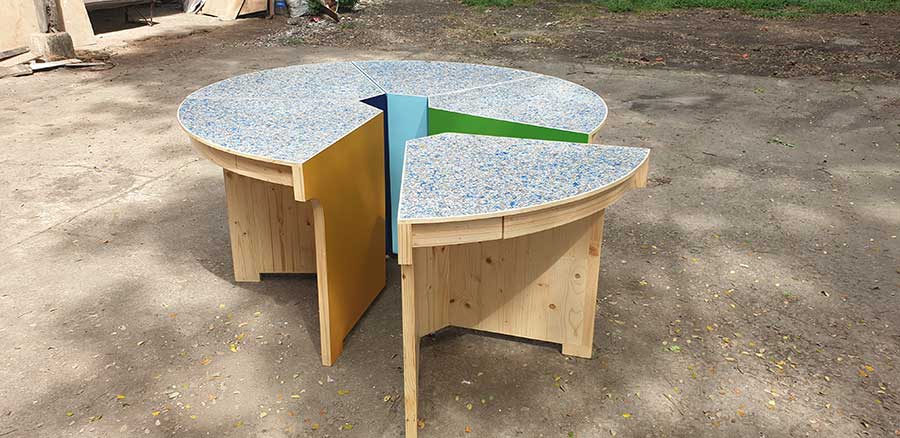
In 2019, Tetra Pak Philippines, together with social enterprise HOPE, introduced “Hope in a Box,” the first carton-packed drinking water in the country. The product was launched as a sustainable packaging alternative, giving consumers environmentally friendly options for their day-to-day choices. HOPE was awarded the “Best CSR Initiative” Award by Zenith Global, recognising its efforts in helping to build public school classrooms all over the country using 100% of the profits from “Hope in a Box” sales.
Tetra Pak’s increased beverage carton recycling rates in the Philippines also come from running programs and initiatives with partners and key stakeholders on the ground. Project ReBins, a collaboration with Nestle Philippines, encourages consumers to drop off their used beverage cartons (UBCs) in booths installed in selected condominium communities in Metro Manila. The partnerships formed with Green Antz Builders and the Plastic Flamingo (The Plaf) see the expansion of UBC collection points increase up to more than one hundred all over the country. Collaborations with local companies such as JunkNot and Rural Industrial Corporation see recycled UBCs turned into functional, unique everyday products such as tables, chairs and boards for use in the home or office constructions.
Among Tetra Pak’s latest sustainability investment in the Philippines is a recycling facility located in Bulacan, Rural Industrial Corporation. Together with Tetra Pak, Rural helps to raise the recycling capabilities in key city Luzon.
True to its commitment to scaling up sustainability efforts and upping recycling rates, Tetra Pak is looking to expand partnerships and networks.
“We know that the conversation around sustainability goes beyond just recycling and running programs on our own. We can’t do it alone, and we invite everyone to join us on this journey towards building a sustainable tomorrow,” Wu said.
The company has made its sustainability footprint known across Southeast Asia. In Malaysia, with the support of Tetra Pak, the Watertree™ Project, a start-up company, introduced the very first locally branded, carton-packed water to its citizens. In Indonesia, Tetra Pak designed a process for smallholder farmers to maintain the flavour of coconut water and transform the other parts of the fruit into high-value coconut cream, oil, and milk.
Tetra Pak is also working on creating sustainable packaging made solely from plant-based materials that are fully renewable, fully recyclable and carbon-neutral.
For more information on the company’s initiatives toward a circular economy, read Tetra Pak’s 2021 Sustainability Report here.

